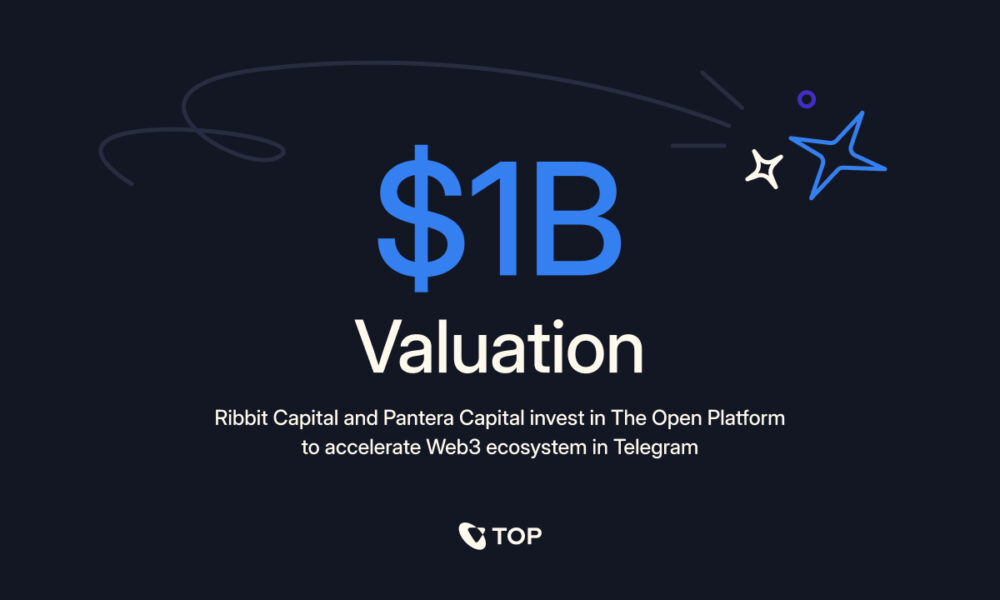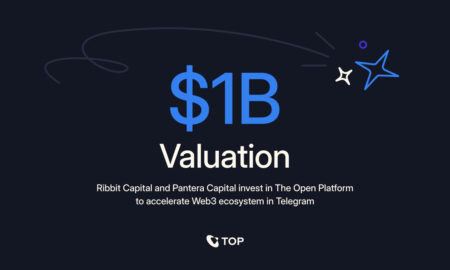In the fast-paced world of corporate events, success hinges on seamless execution. Your choice of a partner can make all the difference. We are here to ensure your Las Vegas wedding chapels corporate event stands out, runs without a hitch, and leaves a lasting impression.
What is corporate event planning?
Corporate event planning involves the process of organising and executing events or gatherings for businesses and organisations. Corporate event planning involves a range of tasks, including selecting a suitable venue, managing logistics, coordinating catering, arranging speakers or entertainment, and promoting the event. The goal is to create a well-organised, engaging, and memorable experience that aligns with the company’s goals and objectives. A successful corporate event can enhance a company’s reputation, foster relationships, and contribute to business growth.
Types of corporate events
Certainly, there are various types of corporate events, each serving different purposes. Here are some common types:
1. Conferences and Seminars
These events focus on education and knowledge-sharing. They bring together industry experts, professionals, and thought leaders to discuss trends, innovations, and best practices.
2. Trade Shows and Expos
Trade shows provide businesses with a platform to showcase their products and services to a targeted audience. Attendees can explore the latest industry offerings and network with potential clients and partners.
3. Product Launches
When a company introduces a new product or service, they often host a product launch event to create excitement and generate interest. These events can range from exclusive, invitation-only affairs to large-scale public launches.
4. Meetings and Board Retreats
Corporations often organize internal meetings, retreats, or off-site events for team building, strategic planning, and decision-making. These events promote collaboration and creativity.
5. Incentive Trips and Retreats
Companies may reward high-performing employees or partners with incentive trips to luxurious destinations. These trips serve as motivation and recognition for outstanding performance.
6. Gala Dinners and Awards Ceremonies
These events are often held to honor employees, partners, or industry achievements. They can include award presentations, entertainment, and formal dining.
7. Networking Events
Business mixers, cocktail parties, and similar gatherings provide opportunities for professionals to connect, build relationships, and expand their network.
8. Training and Workshops
Companies conduct training sessions and workshops for employees, clients, or partners to enhance skills, share knowledge, and foster professional development.
9. Team Building Activities
Team-building events aim to improve collaboration and communication among employees. Activities can include outdoor adventures, problem-solving challenges, and games.
10. Charity and CSR Events
Some corporations engage in corporate social responsibility (CSR) by hosting charity events, fundraisers, or community service activities. These events serve a dual purpose of giving back to the community while fostering a positive corporate image.
11. Holiday Parties and Employee Appreciation Events
Companies often organize events to celebrate holidays, show appreciation to their staff, and boost morale.
12. Webinars and Virtual Events
In the digital age, virtual events and webinars have become increasingly popular. They enable organizations to connect with a global audience through online platforms.
These are just a few examples, and corporate events can vary widely in scale and purpose. The type of event chosen depends on the company’s goals, target audience, and the message they want to convey.
Three steps to venue sourcing
Venue sourcing is a crucial part of event planning. When considering venues for your corporate event in Las Vegas, the Chapel of Crystals Las Vegas offers a unique and captivating choice. Here are three key steps to successfully source a venue for your corporate event.
Define Your Requirements
The first step in venue sourcing is to clearly define your event’s requirements. Consider factors such as the event’s purpose, the number of attendees, budget, location, and preferred date. These criteria will help you narrow down your options and find a venue that aligns with your needs.
Research and Evaluation
Once you’ve outlined your requirements, start researching potential venues. You can use various resources, including online venue directories, recommendations, and event planning tools. Pay attention to the following aspects during your evaluation:
1. Location
Is the venue conveniently located for your attendees? Consider accessibility, proximity to transportation, and local amenities.
2. Capacity
Ensure the venue can comfortably accommodate your expected number of attendees. Be flexible in case the guest count changes.
3. Facilities and Amenities
Evaluate the venue’s facilities, such as meeting rooms, audiovisual equipment, seating arrangements, and catering services. Ensure these align with your event’s needs.
4. Budget
Stay within your allocated budget. While negotiating with venues, clarify what’s included in the cost, such as catering, equipment, and setup.
5. Dates and Availability
Confirm that the venue is available on your desired event date and that it doesn’t clash with other events.
6. Reputation and Reviews
Read reviews, seek referrals, and consider the venue’s reputation to gauge its suitability.
7. Restrictions and Policies
Inquire about any venue-specific policies, such as noise restrictions, curfews, or setup limitations.
8. Site Visits and Final Selection
After shortlisting a few potential venues, schedule site visits to physically inspect them. This step is crucial to get a firsthand look at the venue’s condition and ambiance. During the site visit:
- Assess the overall condition and cleanliness of the venue.
- Consider the layout and flow of the space for your event.
- Ask about any customization options and setup arrangements.
- Verify the availability of necessary equipment and technical support.
- Discuss logistics, such as load-in and load-out procedures.
- Clarify contractual terms and payment schedules.
After completing your site visits and considering all factors, make your final selection based on the venue that best matches your event requirements and budget.
By following these steps, you can source a venue that sets the stage for a successful corporate event, ensuring that it meets your objectives and provides a positive experience for your attendees.
The big four types of attendee engagement
Attendee engagement is a vital aspect of successful corporate events. There are four primary types of attendee engagement that event planners focus on:
1. Cognitive Engagement
Cognitive engagement involves stimulating attendees’ minds and encouraging them to think, analyse, and absorb information. This type of engagement can be fostered through activities like workshops, panel discussions, keynote speeches, and interactive presentations. The goal is to provide valuable insights and knowledge that resonate with the attendees, encouraging them to learn and reflect.
2. Emotional Engagement
Emotional engagement aims to connect with attendees on a personal and emotional level. It involves creating experiences that elicit feelings such as excitement, happiness, empathy, or inspiration. Strategies for emotional engagement may include storytelling, heartfelt testimonials, team-building activities, or incorporating elements that trigger emotions, like music and visual displays.
3. Behavioural Engagement
Behavioural engagement focuses on getting attendees to actively participate and interact during the event. This type of engagement often includes hands-on activities, group discussions, networking opportunities, and audience involvement in live polls or Q&A sessions. The goal is to encourage attendees to take action, collaborate, and contribute to the event’s success.
4. Physical Engagement
Physical engagement centres on attendees’ sensory experiences and interactions with the event environment. This can involve the layout and design of the venue, the quality of catering, the comfort of seating, and the overall ambiance. Interactive displays, technology, and the use of tactile elements can also enhance physical engagement. The goal is to create a pleasant and memorable physical experience for attendees.
Effective event planners often employ a combination of these four types of engagement to ensure a well-rounded and immersive experience for attendees. By catering to attendees’ cognitive, emotional, behavioural, and physical needs, event organisers can create a more engaging and memorable event that achieves its goals and leaves a lasting impact on participants.
Conclusion
Choosing a partner for your corporate event is a critical decision. With us, you’re not just getting an event organiser; you’re getting a seamless experience that reflects your vision, engages your audience, and leaves a lasting impact. Your corporate event is not just another date on the calendar; it’s an opportunity to shine, connect, and grow. Let us help you make it extraordinary.



































